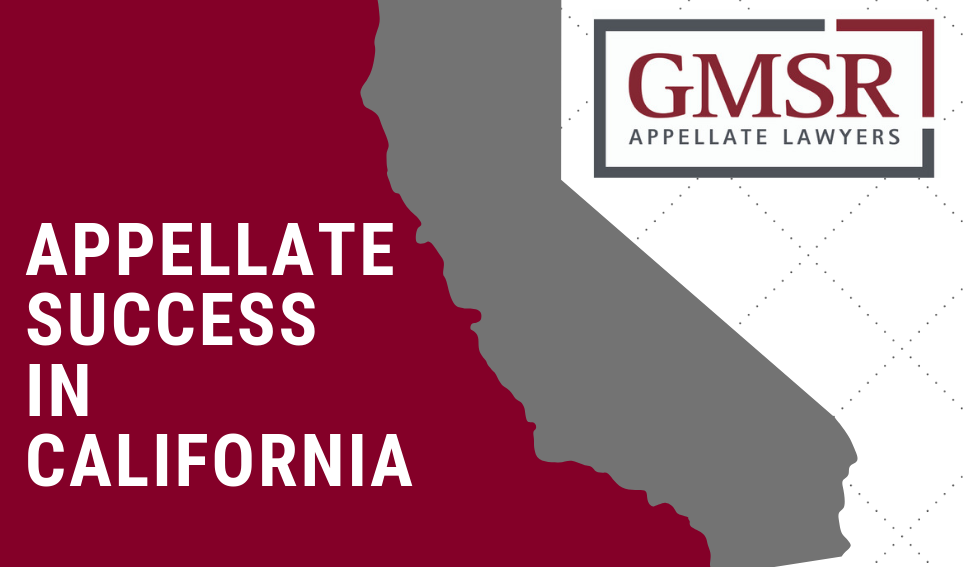What Makes a Brief Excellent?
California appellate courts draft opinions based on the briefs and their own research before they hold oral argument—and the draft almost never changes much. So the briefs are by far your most important persuasive tool. Don’t aim to file something merely “good.” Instead aim to finish a good draft weeks before the due date, so there’s time for editing with a clear mind to make it excellent. What distinguishes an excellent brief?
- Tell a story. Judges are human, and humans love stories. If your story is one of injustice that allows the court to write a fair ending in your favor, all the better.
- Make the reader feel smart, not confused. Avoid ten-dollar words, unexplained jargon, and complex sentences.
- Help the court step by step toward your desired result. Move from well-known general principles to your specific propositions. Provide all essential legal authorities to write the opinion you want. Confront and deal with any weakness.
- Disappear. Strip away fanfare, adverbs, and other self-indulgence. A great legal writer is nearly invisible, leaving a narrative that sounds not only honest but inevitable. The most persuasive briefs cause readers to feel they’ve reached the conclusion on their own.
► The practical message: Use the longer briefing deadlines on appeal to think about how you can help strangers reach the result your client needs, and work through several drafts until you have a great work product.
Browse By Topic
We welcome your inquiry. However, sending us an email does not create an attorney-client relationship. For that reason, you should not send us any kind of confidential information. Until we have agreed to represent you, we cannot be obligated to keep it confidential.







